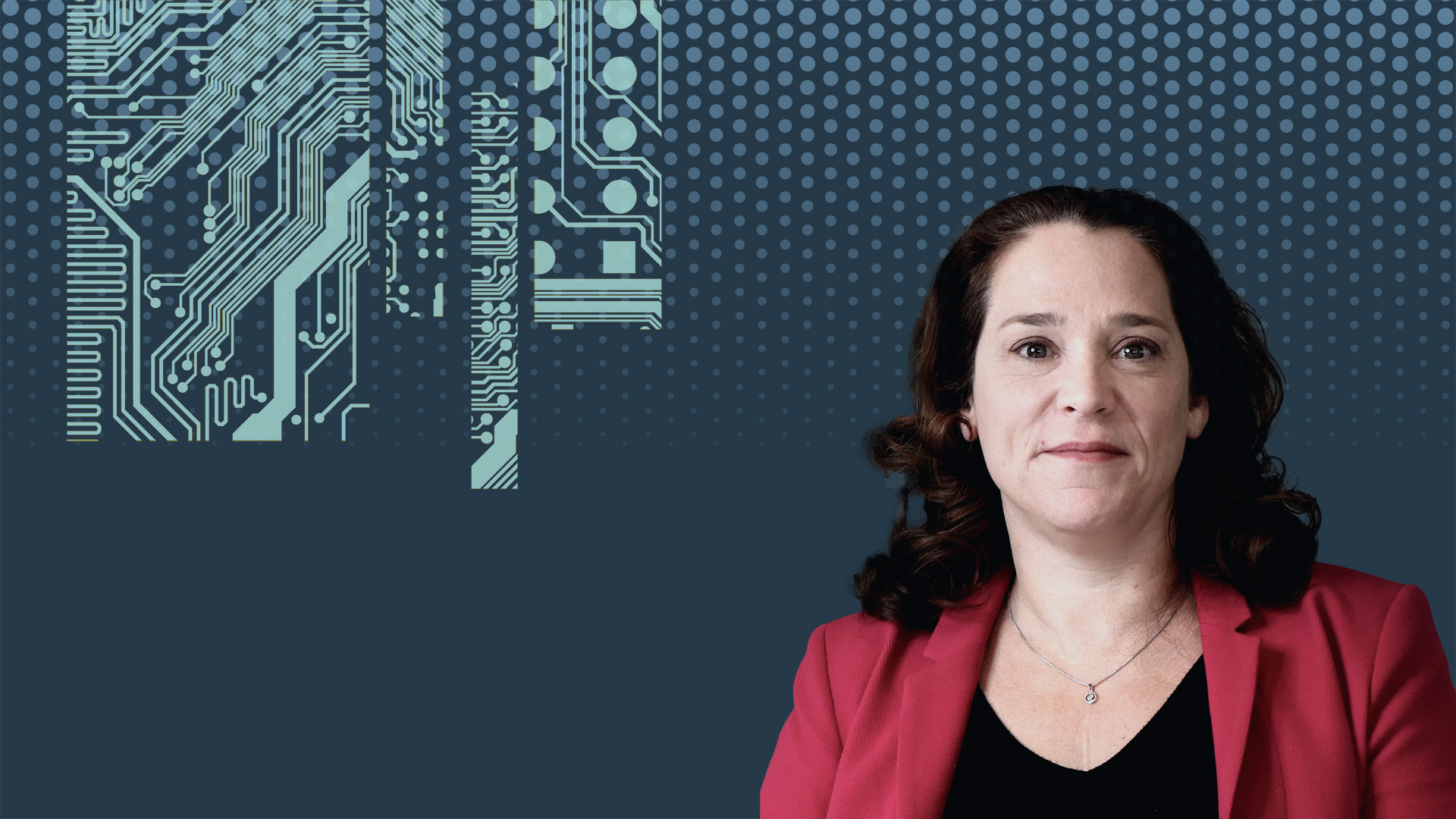By: CIFAR
8 Mar, 2023

For this year’s International Women’s Day, the United Nations has declared a theme that is very close to my heart, with “DigitALL: Innovation and technology for gender equality.”
As a woman who has spent my career in STEM, I have been delighted to see women, and increasingly other marginalized genders, stepping into more leadership roles in academia, science and technology fields. It’s exciting to see how far we have come, and to imagine what’s ahead.
As of this year, CIFAR and our partners at Canada’s National AI Institutes (Amii, Mila and the Vector Institute) have committed to ensuring that a minimum of 25% of Canada CIFAR AI Chairs identify as women or non-binary, and that, over the next five years, at least 40% of new Canada CIFAR AI Chair recruits and at least 30% of their trainees identify as members of equity-deserving groups.
By bringing women and gender diverse talent into tech fields such as AI, we help to address not only the talent shortages that are today contributing to supply chain issues and challenges for competitiveness, but we will also create better technology, period. As diverse teams create, build and execute new AI technologies, the wider scope of insights and experiences that they bring will help to address some of the thorniest challenges in AI, such as explainability and algorithmic bias. This is how we build technology that can bring benefits for all people and our planet. It’s also how we avoid building technology that brings harm to marginalized groups, in the form of digital-enabled violence and discrimination.
To that end, CIFAR has developed policies, programs, support and resources for organizations, researchers and trainees to help increase the participation of underrepresented groups in AI. We have adopted carefully stewarded data collection policies and practices along with the principles of inclusive excellence in the Canada CIFAR AI Chairs program, implementing a system-wide approach to equity, diversity and inclusion that recognizes the integral relationship between diversity and quality in research.
Setting targets was an important aspect of our strategy. As of this year, CIFAR and our partners at Canada’s National AI Institutes (Amii, Mila and the Vector Institute) have committed to ensuring that a minimum of 25% of Canada CIFAR AI Chairs identify as women or non-binary, and that, over the next five years, at least 40% of new Canada CIFAR AI Chair recruits and at least 30% of their trainees identify as members of equity-deserving groups. We see these targets as minimum starting points, with room for growth in the future.
At the same time, CIFAR continues to support the next generation of women and gender-diverse leaders in the field of AI though next-generation STEM training programs such as the AI4Good Lab, a yearly seven-week program that equips women+ with the skills to build their own machine learning projects, with an emphasis on mentorship and curiosity-driven learning to prepare the participants for a career in AI.
I’m also proud to lend my own mentorship support to a number of volunteer organizations for women in AI and tech fields, including Women in AI Canada and Toronto Womxn in Data Science. I’d encourage anyone in tech with diverse perspectives and experience to do the same. In my case, every hour I’ve given to these programs has been richly rewarding, with tremendous insight and new ideas from the next generation of talented women AI leaders I’ve had the good fortune of getting to know.
The future is bright for the field of AI in Canada. Let’s continue to make it brighter, by ensuring the inclusion of diverse talent, including women and gender-marginalized people, as we advance Canadian AI for the good of us all.
Elissa Strome
Executive Director, Pan-Canadian AI Strategy
CIFAR